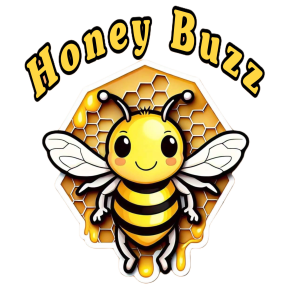Beekeeping in Australia is a regulated activity that requires adherence to specific rules and regulations. These guidelines are designed to maintain the health and safety of both beekeepers and the broader community, while also protecting the environment and ensuring the sustainability of the apiary industry.
Registration and Licensing
In most Australian states and territories, beekeepers are required to obtain a license or registration before keeping honey bee colonies. The registration process typically involves submitting an application, paying a fee, and meeting specific criteria, such as having adequate knowledge of beekeeping practices and disease control measures.
Hive Identification and Biosecurity
Australian beekeepers must clearly identify their hives with a unique brand or identification mark. This requirement helps to track the movement of hives and aids in tracing any potential disease outbreaks or other biosecurity issues. Additionally, beekeepers must comply with strict biosecurity measures to prevent the spread of pests and diseases that could harm bee populations or other agricultural sectors.
Hive Placement and Density
Regulations govern the placement and density of hives, ensuring that apiaries are located in suitable areas and that hive numbers do not exceed carrying capacity. Beekeepers must maintain appropriate distances from residential areas, public spaces, and other apiaries to minimize potential conflicts or disturbances.
Disease Management and Reporting
Beekeepers are responsible for monitoring their hives for signs of pests, diseases, or other health issues. If any concerns are identified, they must follow established protocols for disease management and reporting. Failure to report notifiable diseases or comply with treatment requirements can result in significant penalties.
Honey and Wax Product Standards
Australian honey and wax products must meet strict quality standards and labeling requirements. Beekeepers must follow proper harvesting, processing, and storage practices to ensure the safety and integrity of their products.
Environmental Considerations
Beekeepers must consider the potential impact of their activities on the environment and take measures to minimize any negative effects. This may include adhering to regulations regarding the use of pesticides, managing hive waste, and protecting sensitive ecosystems or threatened species.
Compliance and Enforcement
State and territory authorities are responsible for enforcing beekeeping regulations in Australia. Beekeepers who fail to comply with the rules and regulations may face penalties, including fines, suspension or revocation of licenses, and legal action in cases of severe non-compliance.
By adhering to these rules and regulations, Australian beekeepers can contribute to the sustainability and success of the apiary industry while protecting public health, the environment, and the well-being of honey bee populations.
